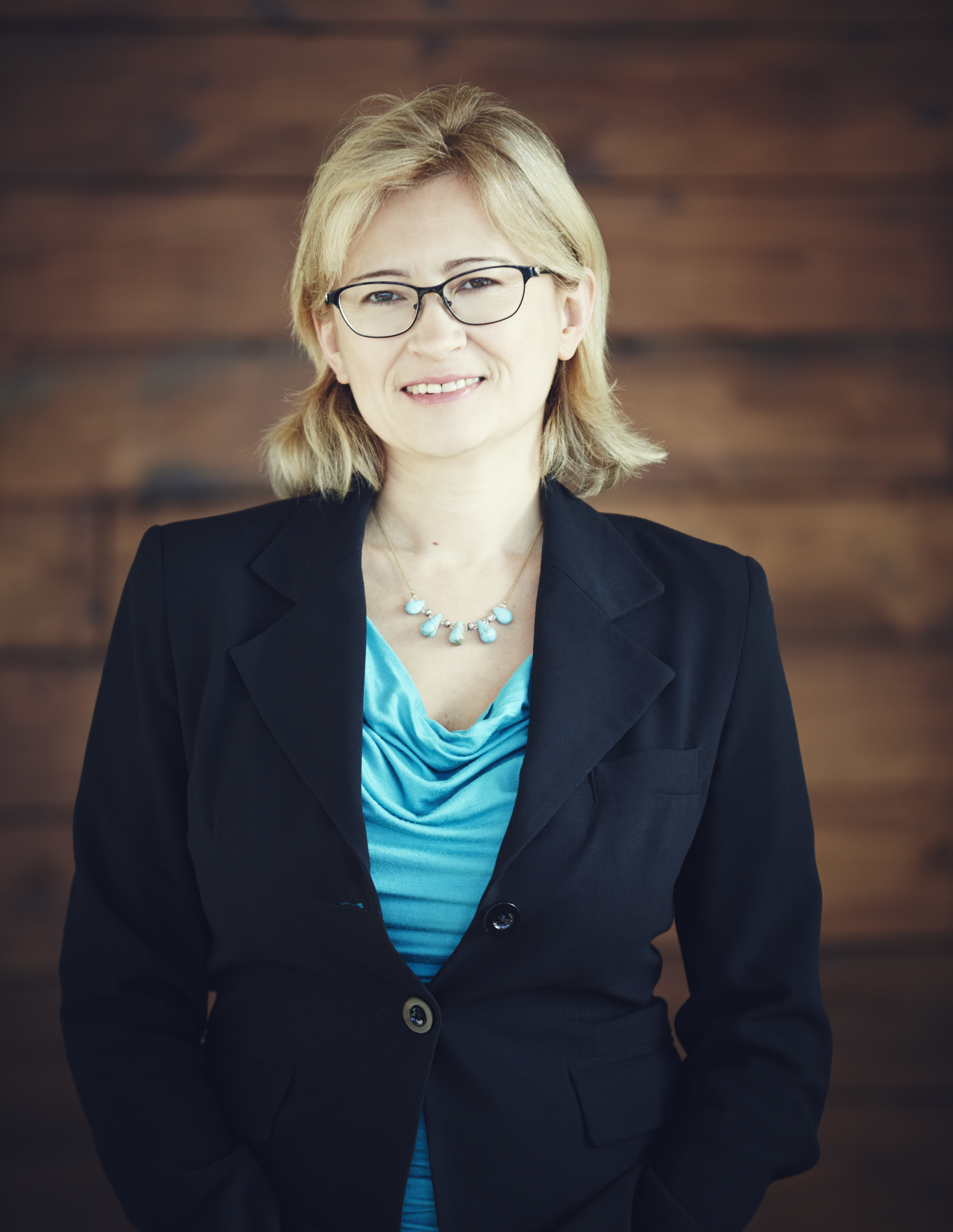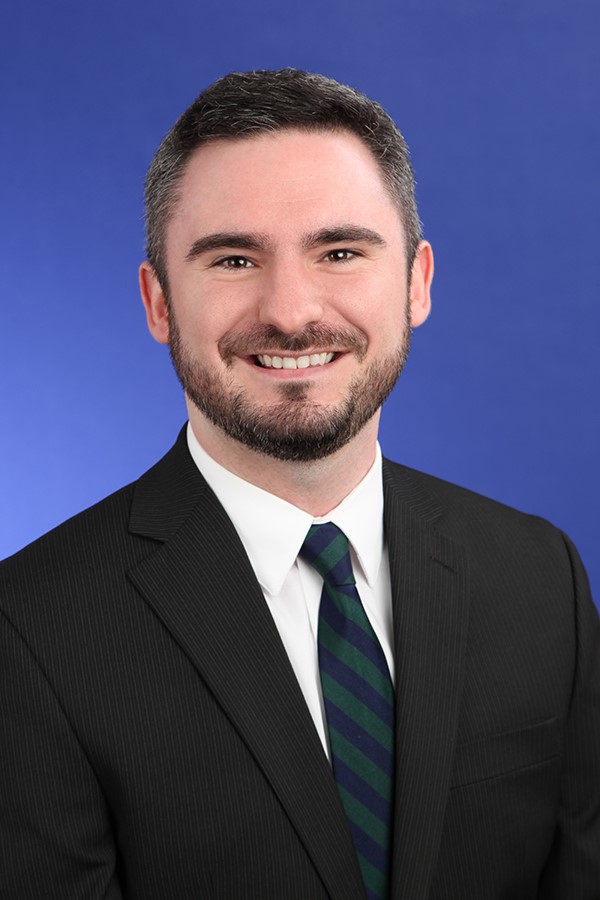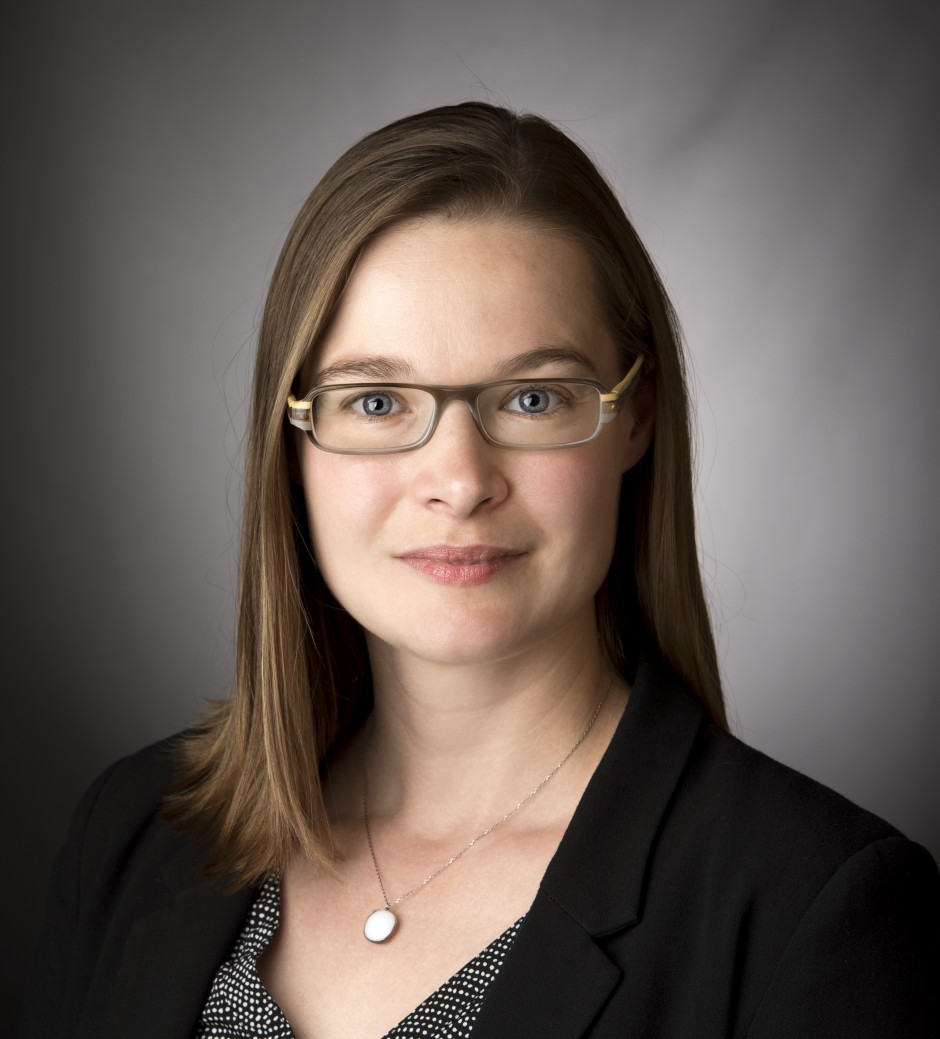Dear CERES Alumni!
We would like to welcome you to CERES MEETS, a virtual alumni meeting place!
Our key aim is to foster a wider CERES community and we hope you will join us in this endeavour.
You may remember CERES as the place where your worldview has expanded, careers were shaped and life-long friendships were moulded. Remember the time when you would have really appreciated receiving advice on your career progression and goal setting? How often you wrote in a survey that a better connection with alumni would have helped? You have the opportunity to fill this role now and have an invaluable impact on the current students.
Please share your stories about your professional achievements and life experiences. Our students are seeking academic and professional advice and looking for mentors. No one can help them better than you with a word of wisdom and support in this rapidly changing world.
Please reconnect and join us for CERES MEETS, virtually and during a series of informal meetings/career talks at CERES with the current students to:
-highlight potential career pathways after graduation;
-share your most valuable experience while at CERES;
-advise on how to prepare yourself for the challenges of the real world while at grad school;
-explain how to network and open professional doors;
-share what skills are in demand and how to obtain them.
Stay in touch and stay connected no matter how long ago you may have graduated! Success of the program is based on the success of its graduates.
-
-
-
-
- To reconnect with former classmates, get in touch with current students, share a job or an internship opportunity, provide useful career-related information, please join us on LinkedIn https://www.linkedin.com/groups/5179871/
- To become a mentor please email: Robert.austin@utoronto.ca or katia.malyuzhinets@utoronto.ca
- To receive information about upcoming events and activities join us on Facebook https://www.facebook.com/CERESMunk/
- To subscribe to our mailing list please send email to Joseph Hawker <j.hawker@utoronto.ca>
- To make the program better academic experience, fill the survey https://www.surveymonkey.com/r/CFQ7Q2C
- If you would like to make a donation, please contact Robert Austin at Robert.austin@utoronto.ca
-
-
-
Please email us with your news and also provide U of T with your preferred contact information https://secureca.imodules.com/s/731/form-blank/index.aspx?sid=731&gid=1&pgid=11544&cid=19864
Here are some personal stories of what some of our alumni have done with their CERES MA degree:
 Natalia Smalyuk
Natalia Smalyuk
Natalia Smalyuk graduated from the CERES program (previously known as CREES) in 2005. Since then, she has worked in journalism and public relations. Currently, Natalia is the vice president at Proof, a Toronto-based PR, communications and marketing firm.
Natalia was born in Belarus and came to Canada in 2001. She initially worked at Canadian Tire in the marketing department, but wanted to apply her past experience in international development and be a “storyteller.” These interests are what led Smalyuk to the University of Toronto and the CERES program. “My education at the University of Toronto is a big part of the path that led me to where I am today,” she said.
The program’s small size and strong faculty created a sense of community and support and this appealed to her, Smalyuk says. She also appreciated the wide range of interesting events available , and the opportunity to participate in conferences and international work. One of her most memorable experiences was meeting Stanislav Shushkevich, the first leader of post-Soviet Belarus, at a Munk event, and taking him for a tour of the University of Toronto campus. “Needless to say, it was a fantastic opportunity to meet him and have a deep conversation,” she said.
Because Smalyuk had a lot of international experience, she was permitted to do her internship (a major component of the program) in Canada, and found a placement at OMNI TV with the help of Professor Robert Austin. Her position at OMNI quickly led to a full time job. However, Smalyuk was not entirely satisfied with the job in journalism, which she found formulaic and repetitive. Wanting to tell stories, she started looking for alternatives, and found PR, which allowed her to work with global brands and brought together the skills she loved. Today, at Proof, Natalia leads diverse client portfolios, manages a team of employees and coaches them, and identifies opportunities for growth in new industries.
Although Smalyuk was initially concerned that the skills she learned at the MA level wouldn’t transfer over to professional life, she found that critical thinking, research, writing, and analysis were important in any career, including working at a global PR company, because they “make us great leaders and managers.”
For prospective CERES students, or current graduate students, Smalyuk advises to find experiences outside of schoolwork to meet interesting people and enjoy life. The opportunities for this are plentiful at CERES, given the international research trips and internships one can apply for, and the frequent events run by the university, which often feature distinguished scholars, ambassadors, and international guests. Smalyuk said her experience at CERES was a “critical part of her path” which helped her discover what she wanted to do and gave her “the tools to do it.”
Martin Beach
Martin Beach graduated from the CERES program in fall 2018 and got a job at KPMG almost immediately. Beach attributes his success to “having the right set of a few skills at the right time” and networking. At the moment of his graduation, KPMG was searching for someone with an interdisciplinary background, paralegal skills and a good knowledge of French, all of which he possessed. The job posting came through his network. Martin applied and was successful. At Beach’s new job, which is a year-long contract, he works on international issues in Mongolia, Angola, and parts of Europe, as well as all the company’s French-language work from Quebec.
Martin attributes a lot of his success to his research assistantship with Professor Susan Solomon, which he did during his time in the program. He says that conducting research in French was beneficial to his language skills, and the experience honed his soft skills, such as processing large amounts of information. Beach says working with Professor Solomon was a “great resource” and a huge advantage. He also appreciated the opportunities available at the Centre for the Study of the Francophone World, and the expertise of the CERES faculty. “The calibre of the faculty is really excellent,” Martin said. He especially enjoyed the “boutique” courses offered by Professor Robert Austin, many of which included an opportunity to research abroad.
Although Beach is from the United States, he was drawn to the CERES program because he liked Toronto and the international aspect of the program, including the internship component and the opportunity to study abroad at Sciences Po. The program’s interdisciplinary nature also allows participants to explore classes in other departments and sharpen their knowledge and skills. Beach says that the program was small and he made friends with international students from Austria and Kazakhstan. It was an excellent opportunity to “forge meaningful relationships” and develop language skills, as well as travel and study internationally.
Martin advises that graduate students explore all the opportunities available to them and take the chance to meet new people and discover new interests. At CERES in particular, he recommends “throwing yourself” into the internship and exchange programs and enjoying them.
 Katherine Zubovich
Katherine Zubovich
Katherine Zubovich looks back “very fondly” on the CERES program. Zubovich, who graduated in 2010, went on to do a PhD at the University of California Berkeley, and is now an assistant professor at Ryerson University’s history department.
When Katherine came into the MA program, she was not at all interested in academia. Her career aspirations lay in law school and potential NGO work, but as she completed the coursework, she found that she really enjoyed research and writing. She particularly enjoyed working as a research assistant for Professor Susan Solomon.
Zubovich believes the CERES program is great because it takes two years to complete and provides students with a balance of professional experience with the internship component, as well as a scholarly environment at the University of Toronto and the Munk School of Global Affairs and Public Policy. “This is a program that provides so many opportunities for students,” she said. Additionally, Zubovich found that the interdisciplinary nature of the program, such as the ability to take courses in history, sociology, political science, and anthropology, as well as the close regional focus, was a great benefit that allowed one to truly become an expert in the field of European and Russian Studies.
She also loved working with Professor Lynne Viola, a renowned scholar of Stalinist history. Katherine’s final MA project (which takes the place of a thesis at CERES) was about architectural preservation in St. Petersburg, which featured a Russian social movement of people who used performance art to protest the destruction of buildings. Zubovich says the research allowed her to spend a summer in Russia and “historicize her love for the city.”
Zubovich said she enjoyed the program because it offered practical skills, it didn’t just “groom people to apply for PhDs,” and had a strong sense of community. Even though everyone was working on different topics in different disciplines, they were all studying the same region.
Katherine recommends that graduate students use all the resources at their disposal at the University of Toronto, such as writing workshops, events, and library help, and ask as many people as possible for advice on their projects.
Marie Macauley
Marie Macauley is the manager of strategic initiatives at the Council of Ministries of Education (CMEC). She was hired there just a few months before she graduated from the CERES program in November 2016. Today, she works on public policy for education and gets to use all the skills she learned in university, from research to communication and project management.
At CMEC, Marie works with different provinces and territories to develop education programs, which can be difficult because “every province is basically its own country.” She also represents Canada as a project manager at the OCED and UNESCO.
“It’s easy to undersell yourself, especially in an interdisciplinary field like CERES,” Macauley said. But Marie applied to jobs in rounds, and to any positions that matched her skill set, such as research and policy analyst openings. She recommends utilizing the experience in graduate school as an actual job, since it is work and “you do it every day.”
“Some of the best years of my life were at CERES,” Marie said. She praises the program for being interdisciplinary, which gives students the advantage of learning multiple skills – “you’re not stuck with one specific skill set,” she said. She also liked it because of the different academic and professional components, such as the internship, and the ability to take a range of courses, from political science to literature. “It’s a choose-your-own-adventure kind of degree,” she said. During her time at CERES, Marie was able to arrange an internship independently, which led to a partnership between the institution and CERES.
Marie’s favourite part of the program was the Greece course, run by Robert Austin, which allows students to travel to the country and conduct interviews with experts there. Macauley says the experience is exciting, as students get to find sources, “get out of your comfort zone in a foreign country and be pushed to think a little differently.”
She liked CERES because it gave her the freedom to do what she wanted, although it can be hard to know what you want when you have considerable freedom, she said. Nonetheless, Macauley says CERES allows students to test out their interests, and its interdisciplinary nature lets them change career paths and fields. The research-driven and practical nature of the degree equips students with a varied skill set which is also very useful. Finally, Marie enjoyed CERES because it’s a small program, which makes it easy to make friends and creates a tight-knit community. “It was the best years because of what we were allowed to do and who we were doing it with,” she said.